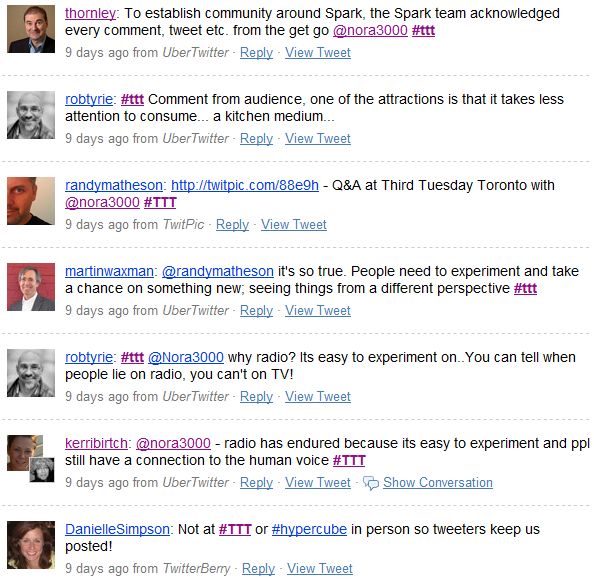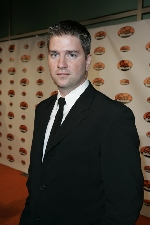
Here’s a conference that I’m looking forward to: Social Media for Government, September 29 – October 2 in Ottawa.
I’ve participated in the Advanced Learning Institute’s (ALI) social media conferences for the past two years. And I’ve found that each one is better than the previous one.
The conference producer, Kelly Flynn, listens closely to the conference participants – what they want to learn, which sessions they find most useful, which speakers have the most to offer. And she uses what she gleans to ensure that each conference session reflects the state of the art and the interests of participants.
This autumn, the conference will be packed with expert speakers presenting best practices and experienced managers talking about the social media programs they have implemented and what they have learned from that experience.
Speakers and topics include:
- Colin McKay from the Office of the Privacy Commissioner speaking about how organizations must tailor their voices and content to different social media;
- Nicholas Charney from Indian Affairs and Northern Development talking about the importance of introducing employees to social media behind the firewall before setting them loose in the wild;
- Ralph Mercer of the Canadian Forces Aerospace Warfare Centre describing the change process a hierarchical organization organization goes through in order to adopt social media to its needs;
- Jean-Simon Marquis from the Canada School of Public Service on using social media to leverage communities of practice for knowledge sharing inside and organization;
- Chantal Wolf and Jennifer Savage explain how the Department of Foreign Affairs and Trade is using a Wiki and Lotus Connections to build organizational knowledge and how they are measuring ROI;
- Adrian Cloete and Tracie Noftle describing how Human Resources and Skills Development Canada developed a “corrective blogging” approach;
- Theresa Woolridge and Amy Jarrette mapping out the social media planning process used by Public Safety Canada;
- Mike Spear tells how Genome Alberta has build its social media strategy on Facebook and Twitter;
- Mark Hudson and Marquis Cote share how the Public Health Agency of Canada used social media to respond to the H1N1 (swine flu) outbreak;
- Chris Wightman and Mark Faul discuss how they are making a business case for social media in the City of Ottawa and measuring the ROI of their social media activities;
- Michel Savoie and Tim Yull on how RBC, Canada’s largest financial institution, has used social media for drive information sharing and innovation.
It’s a real pleasure to be chairing this edition of the A.L.I. “Social Media for Government Conference” in Ottawa on September 29 – October 2, 2009. I hope you’ll join me at this outstanding opportunity to meet, mix with and learn from some of the leading practitioners of social media for government.
If you’d like more information, download the conference brochure. Or if you’ve already made up your mind to attend, you can register online. (Register this week to get the Early Bird registration rate, discounted $400 off the regular registration fee.)
UPDATE: GET 50% OFF THE REGISTRATION FEE. @kellyflynn just DMed me to let me know that you can get a 50% discount off the conference registration fee if you mention my name when you register. I guess being the Chair of the conference does have some benefits. 🙂 And no, I don’t get any money from this. Just the pleasure of participating in a successful conference full of passionate people who want to learn about social media.


 Over the past year, Chris Wightman (
Over the past year, Chris Wightman (

 Every year in the spring, the members of the
Every year in the spring, the members of the 

 I frequently speak about social media at conferences and workshops. As a presenter, I always want to give participants at my sessions full value for their time and attention. An incident at a workshop I presented a couple weeks ago has been gnawing at me.
I frequently speak about social media at conferences and workshops. As a presenter, I always want to give participants at my sessions full value for their time and attention. An incident at a workshop I presented a couple weeks ago has been gnawing at me. When I return to Canada from Australia next week, I’m heading to Alberta to make
When I return to Canada from Australia next week, I’m heading to Alberta to make 
 Give to get back
Give to get back